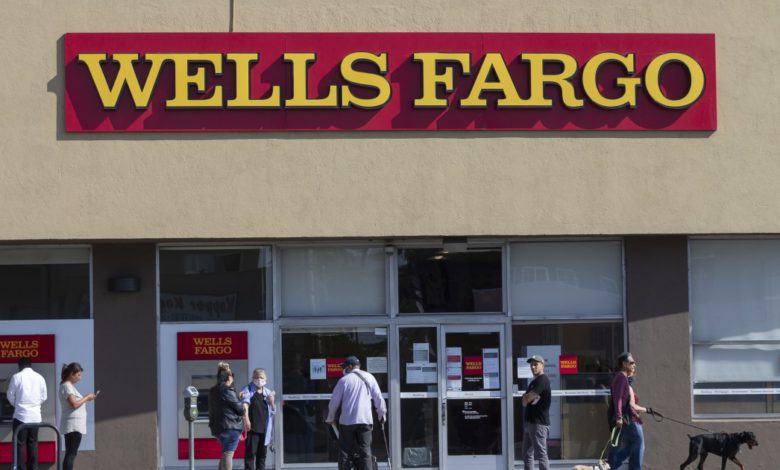
A low credit score doesn’t have to stand in your way if you want to get a personal loan to cover an emergency or consolidate your debts.
Borrowers with bad credit, which is a FICO score below 630, may need to put in some extra work to qualify for a personal loan. But taking these steps can not only help you get approved, they could also get you a cheaper interest rate.
Clean up your credit, shrink your debt
Before you apply for a personal loan, get a copy of your credit report to see what the lender will see on it, says Adrienne Ross, a Washington-based certified financial planner. You can get one free copy of your report from all three major credit bureaus at annualcreditreport.com.
The details on your credit report can show you why your score is low and signal how to address the issues before a lender sees it.
For example, a past-due account is likely a red flag to a lender, but you’ll have a better chance of qualifying if you can spot it and make the payment before you apply, Ross says.
Lenders also consider the percentage of your monthly income that goes toward debt payments, called your debt-to-income ratio. You’ll need a DTI below 50% to qualify with most lenders, and lower is often better.
If you don’t urgently need the loan, pay down debt before you apply, Ross says. Not only will lower outstanding balances reduce your DTI, they will also lower your credit utilization, which is the amount of your available credit you use and a main factor in your credit score calculation.
Add a co-signer or collateral
A quicker solution may be to choose a lender that allows you to add a co-signer. A willing friend or family member with good credit and strong income can help you get approved, says Thomas Rindahl, a CFP with TruWest Wealth Management Services in Arizona.
Tread lightly with co-signed loans, he says, because the person you add to your application will be required to pay the loan if you can’t.
Some lenders may also offer secured personal loans that require you to pledge something you own such as a vehicle or savings account, he says. Borrowers with fair or bad credit may have a better chance of qualifying and getting better rates with a secured loan, but the lender can seize the collateral if you don’t make your payments.
Make a repayment plan
Choose a lender that reports your loan payments to the credit bureaus, as this can help you build credit, Ross says. This means the next time you borrow money or apply for a credit card, you could get a lower rate.
But because lenders report both on-time and missed payments, your ability to make them will determine if your credit improves or worsens.
Be prepared to ask questions about rates, terms and extra fees so you understand exactly what you’ll owe each month and when you’ll owe it, Ross says. Knowing that will help you make a plan to manage your payments.
Even with a solid payment plan, you could end up late on one or two payments along the way. Since lenders don’t immediately report late payments to the credit bureaus, Ross says, make the payment as quickly as possible to avoid the hit to your credit.
Compare lenders
Comparing offers from online lenders, banks and credit unions can help you find the best rate and features for your situation.
Some online lenders offer personal loans specifically for borrowers with low credit scores. Look for reputable lenders that cap their annual percentage rates at 36%, which consumer advocates and financial experts say is the highest rate an affordable loan can have.
Bad-credit borrowers will likely qualify for rates close to a reputable lender’s rate cap, but nowhere near the 300% or higher APRs that payday lenders offer.
Online lenders may also let you pre-qualify with a soft credit check, allowing you to see what rate and loan amount you could get without hurting your credit score. Many banks and credit unions require borrowers to formally apply to see their offer, triggering a hard check that can cause a temporary dip in your score. Some online lenders can also fund a loan the same or next day, while a bank could take a week or more.
On the other hand, your community bank or credit union may be more willing to consider the circumstances if a recent misunderstanding or years-old issue is keeping your credit score down, Rindahl says.
“An online lender might have competitive rates, and it might be easy because you can do your application at home, but if you don’t fit their algorithm, you don’t fit their algorithm,” he says. “Your local institution, whether it’s a credit union or bank, is much more likely to look at the person as a whole,” he says.
More From NerdWallet
Annie Millerbernd is a writer at NerdWallet. Email: [email protected].







